While my grandad certainly did things on the cheap when it came to chasing whitetails, things have certainly changed over the last few decades and today, hunting is BIG business.
With more gadgets and gear than any of us can possibly imagine (or need), the hunting industry has exploded - perhaps not in overall participation - but most definitely in overall spend. According to a report put out by the good folks over at the Sportsmen’s Alliance, hunters opened their wallets to the tune of $45.2 billion (with a B!) to purchase equipment, licenses, trips, and other hunting-related expenses.
“It’s important that people—the general public, and state and federal legislators—understand that America’s hunters and sport shooters are an incredibly important force when it comes to our national, state, and local economies, as well as providing an outsized share of conservation funding at both the state and federal levels,” President and CEO of the Sportsmen’s Alliance, Evan Heusinkveld, said in a press release.
The report goes on display raw data gathered primarily from the 2022 National Survey of Fishing, Hunting, and Wildlife-Associated Recreation, compiled by the U.S. Fish & Wildlife Service.
According to the report, the revenue brought in by migratory bird hunters alone eclipses the total value of the 10 most valuable NFL teams combined. When looking at the total retail sales revenues produced by hunters and you’ve got a number that rivals the sales of both Starbucks and McDonald’s.

With a treasure chest of such impressive statistics, now might be a good time to tell your non-hunting friends just how economically powerful our little hobby is.
“With this information, sportsmen can educate friends, family, and their representatives at every level by clearly illustrating in dollars and cents what they bring to the table and mean to the bottom line,” Heusinkveld said.
Read the full report here.

